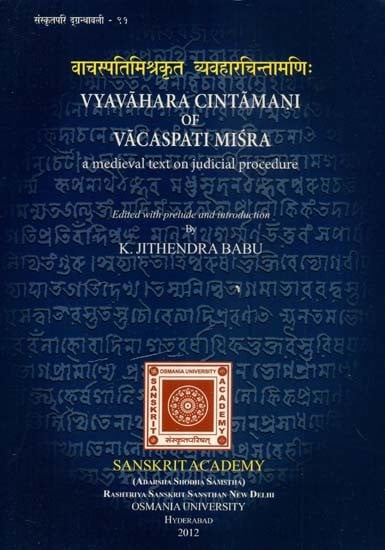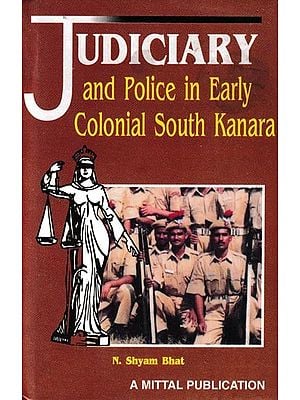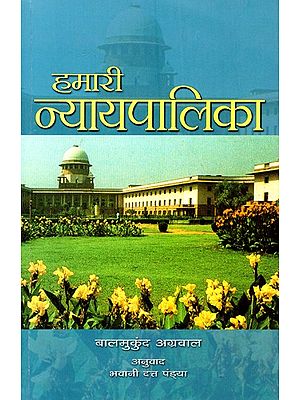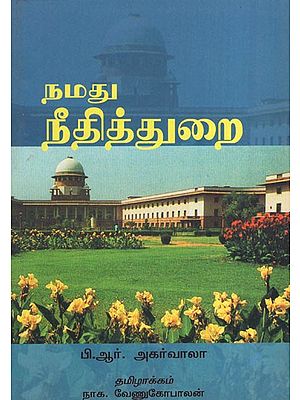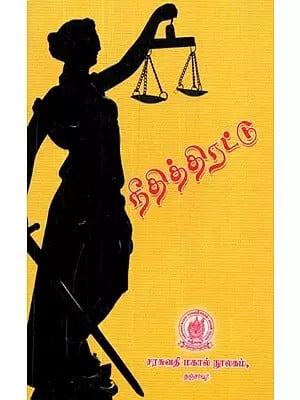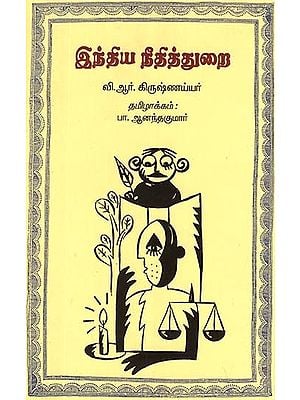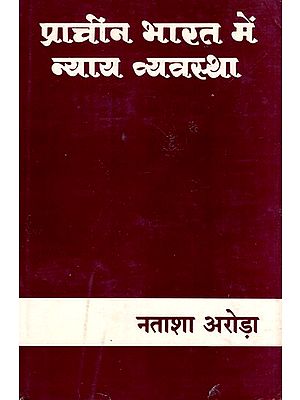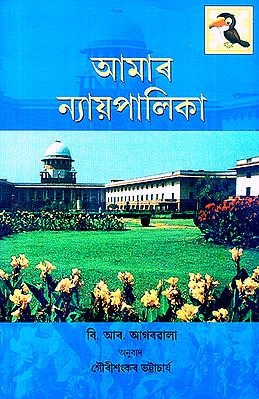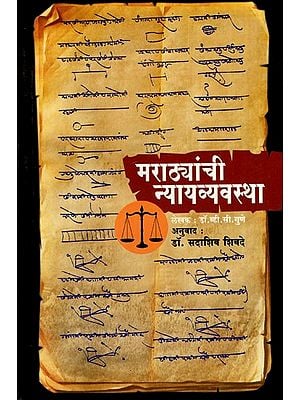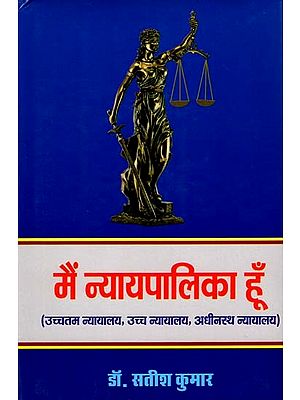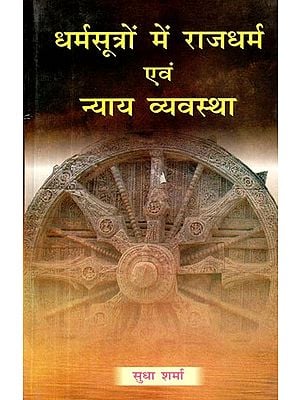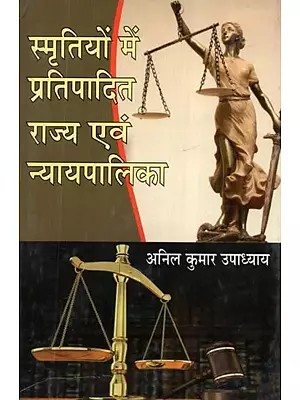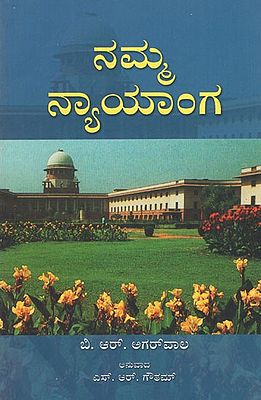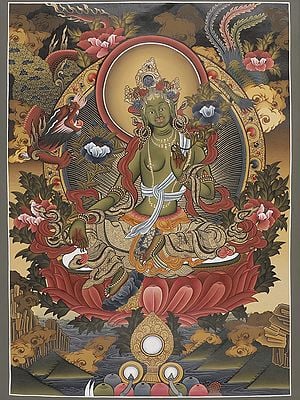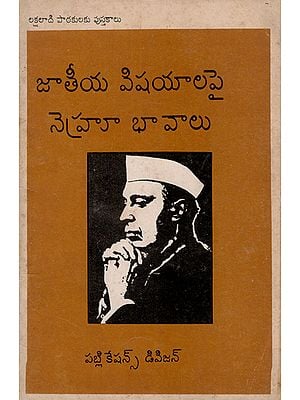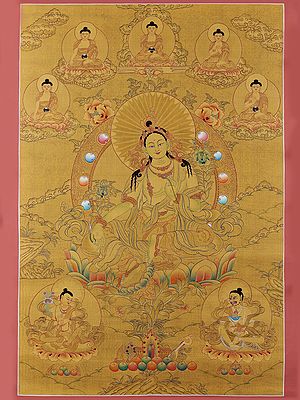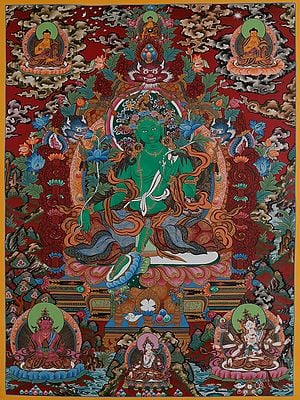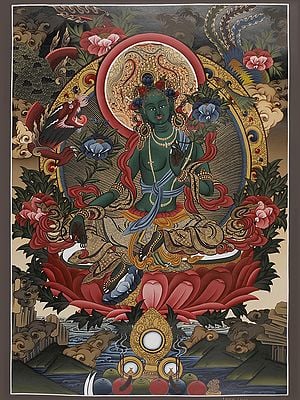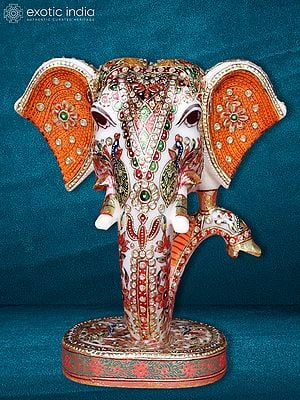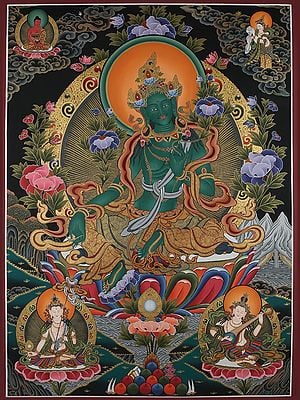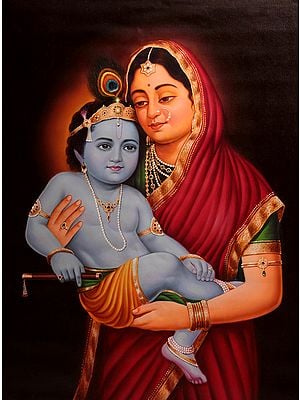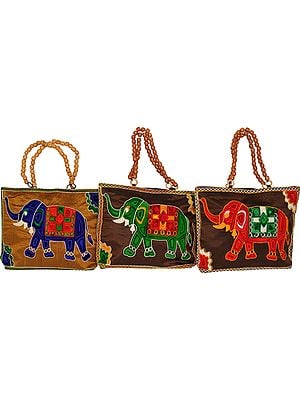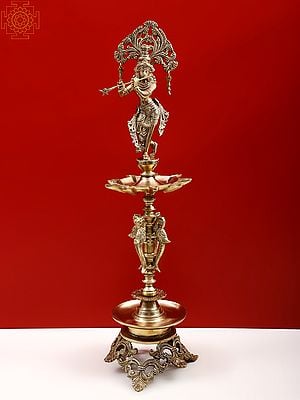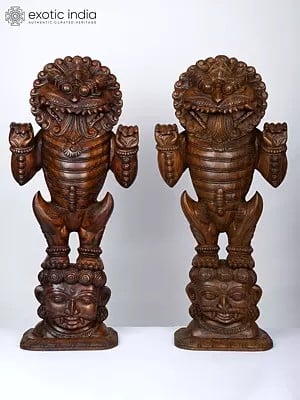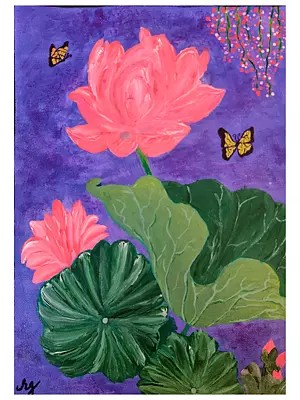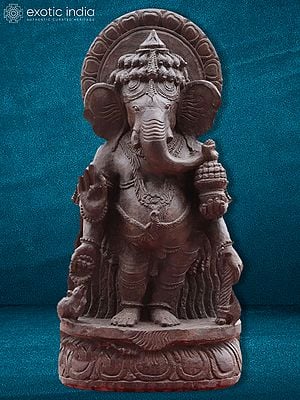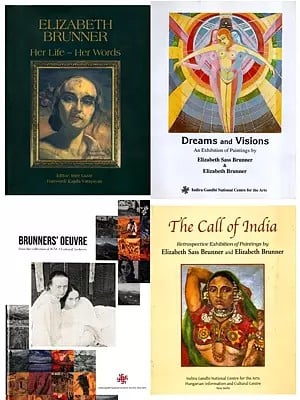वाचस्पतिमिश्रकृत व्यवहारचिन्तामणिः- Vyavaharacintamani of Vacaspati Misra: A Medieval Text on Judicial Procedure
| Specifications |
| Publisher: Sanskrit Academy, Osmania University | |
| Author: K. Jithendra Babu | |
| Language: Sanskrit and English | |
| Pages: 413 | |
| Cover: PAPERBACK | |
| 10.00 X 7.00 inch | |
| Weight 1.06 kg | |
| Edition: 2012 | |
| ISBN: 9789380171265 | |
| UAJ456 |
| Delivery and Return Policies |
| Ships in 1-3 days | |
| Returns and Exchanges accepted within 7 days | |
| Free Delivery |
Except this in all other cases the word is either obviously in the neuter or presents a form that may either be masculine or neuter. In most cases the meaning of Dharma is religious ordinances or rites as in the Rig Veda (1.22, 18, V.26.6, viii.43.24, ix.64.1). At any rate, the gender of the word also denotes its social stand and therefore its importance during each stage of its evolution. Early Vedic society from textual sources appears to be a male dominated society in which Dharma assumes the masculine form, which was to establish, control and enforce the essence of shared experience as envisaged in the later Brahmanas. In other variations Dharma becomes neutral to functions such as the examination of the physical phenomena. By the Brahmana period when the Samhitas were codified and structured for ritual interpretation, the meaning of Dharma essentially encompasses the Masculine element. Whether such a context had any historical sequence or not is another matter. But soon after the period of the Brahmanas, succeeded by the Aryankas and the Upanishads, Dharma is increasingly mentioned in the neuter. The advent of speculation on the origin of matter, unknown in earlier times, gave way to such a view. Recent studies have proved successfully that the Aryankas and the principle Upanishads were all drawn from an intellectual stream known in non-Vedic testimonies as the Sramana or Sramanic tradition.
**Contents and Sample Pages**
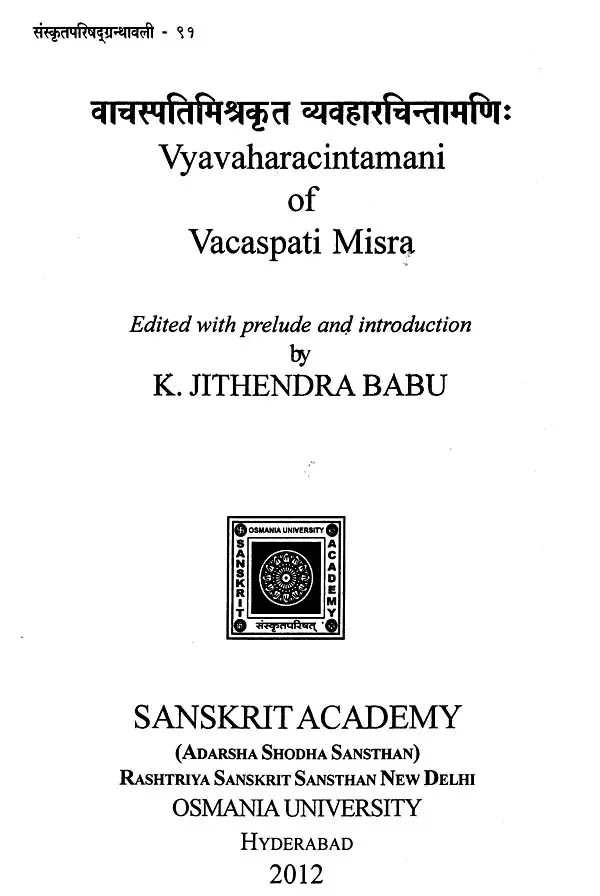
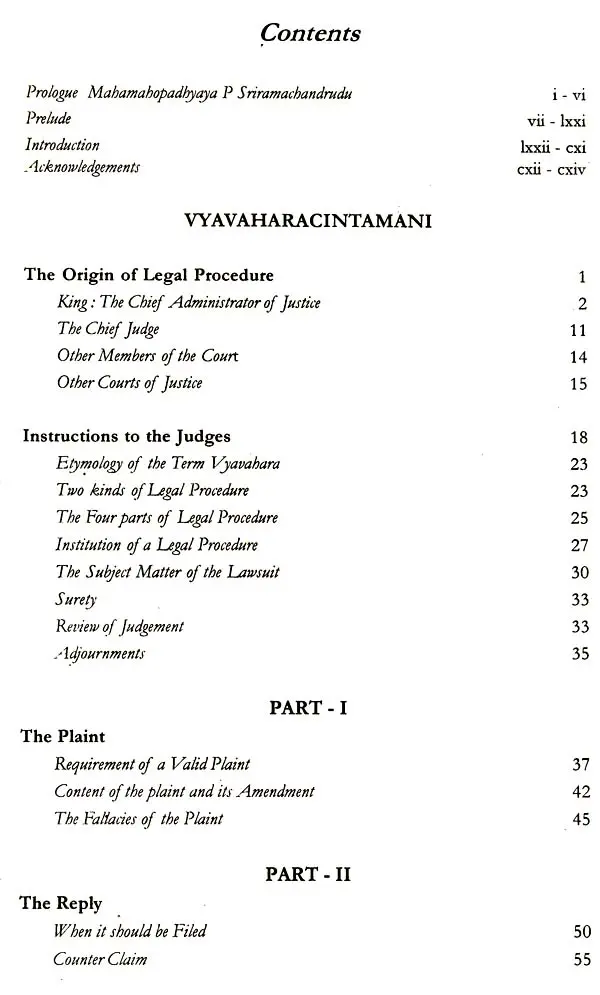
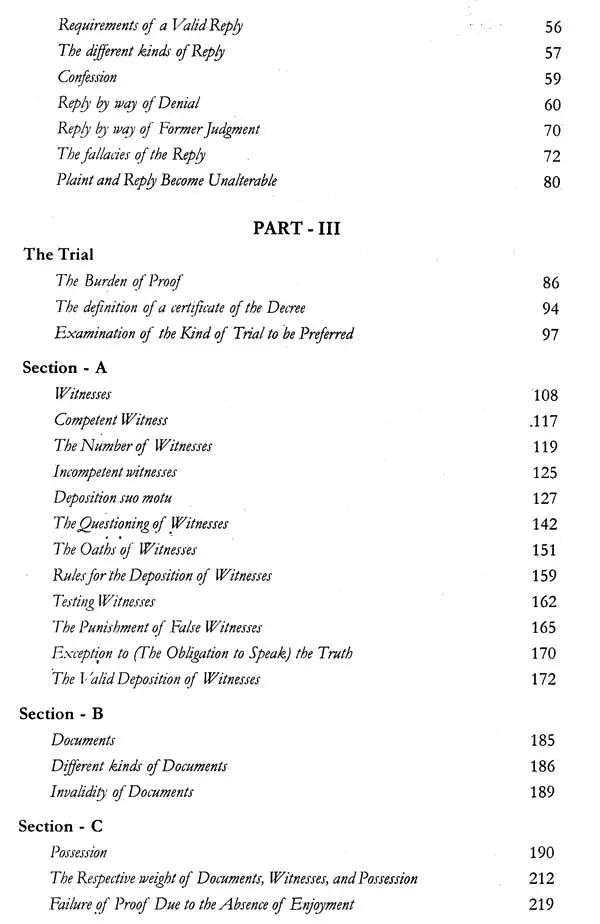


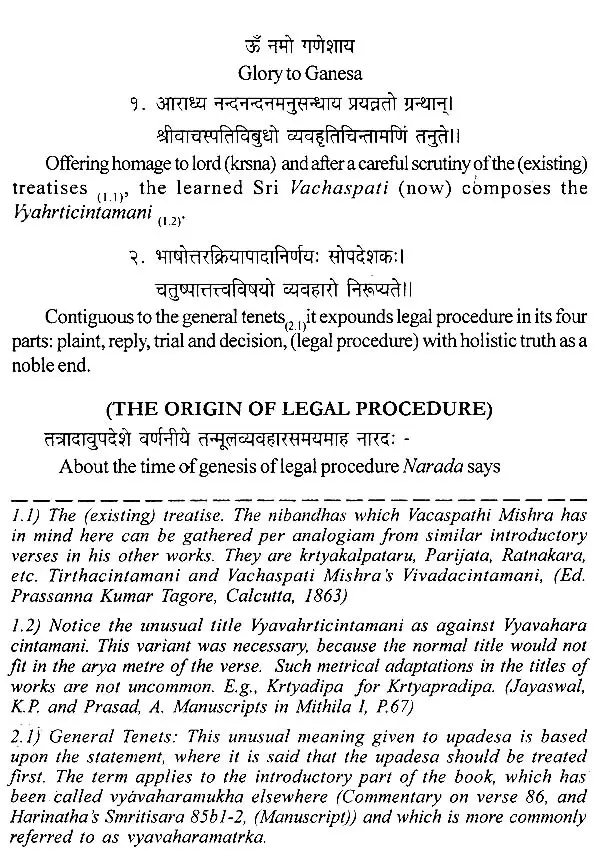

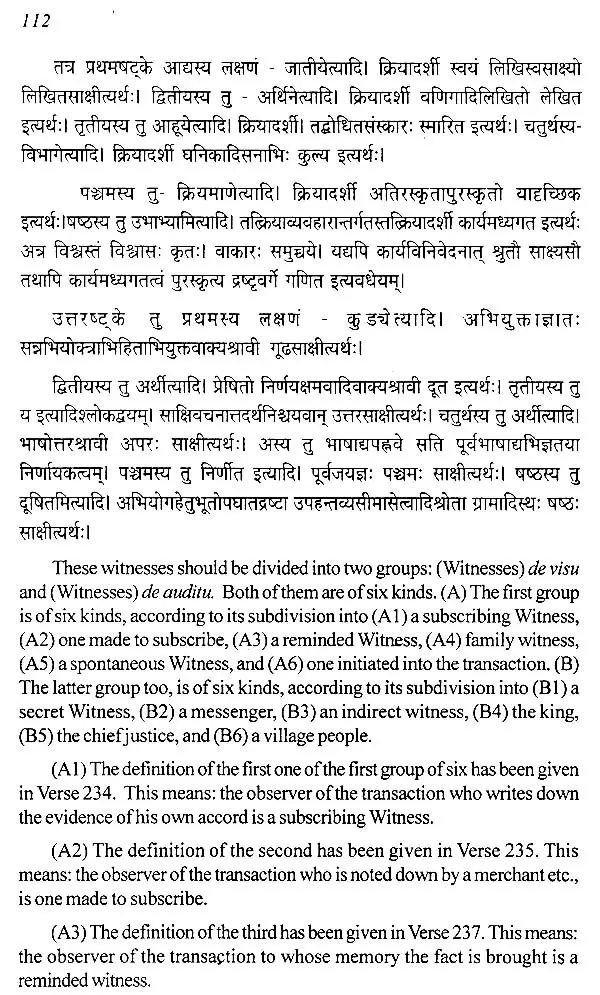
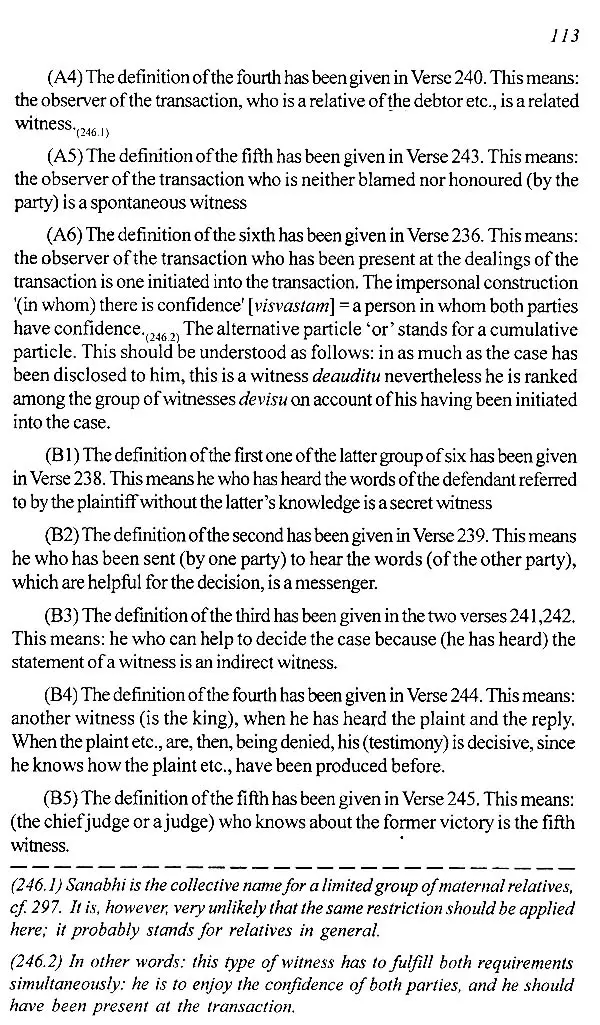
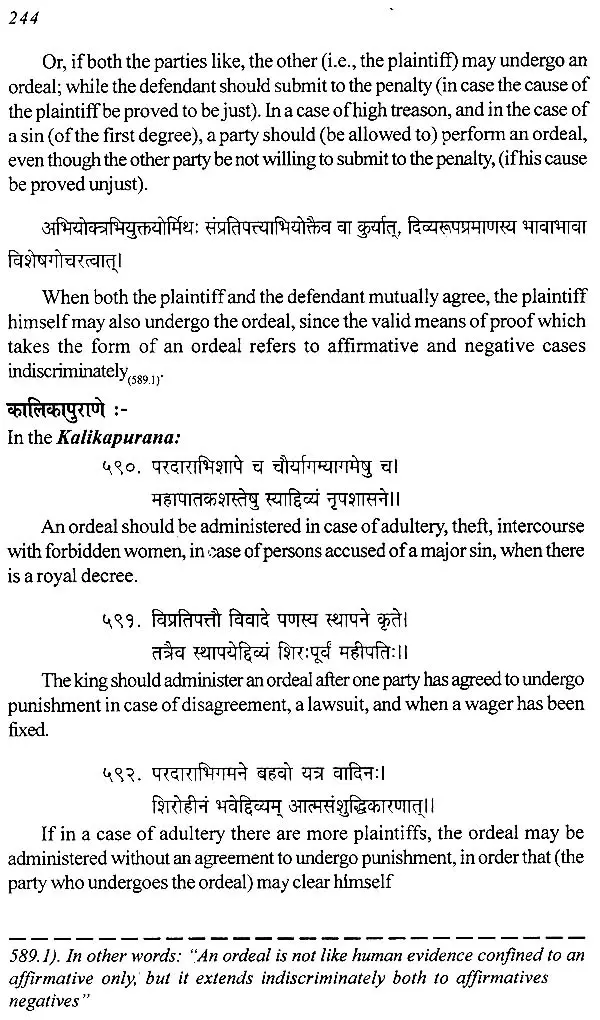
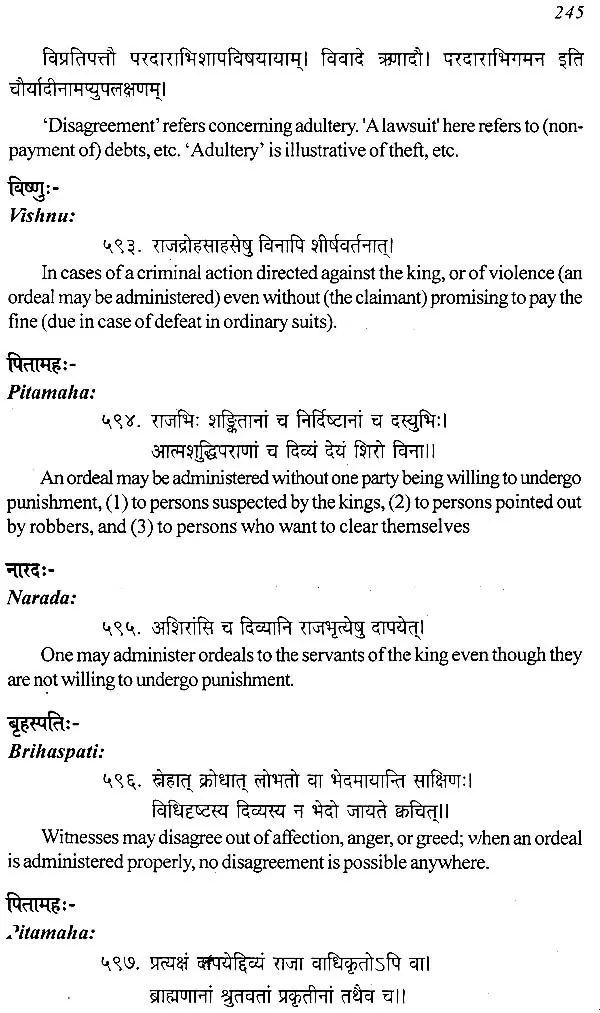
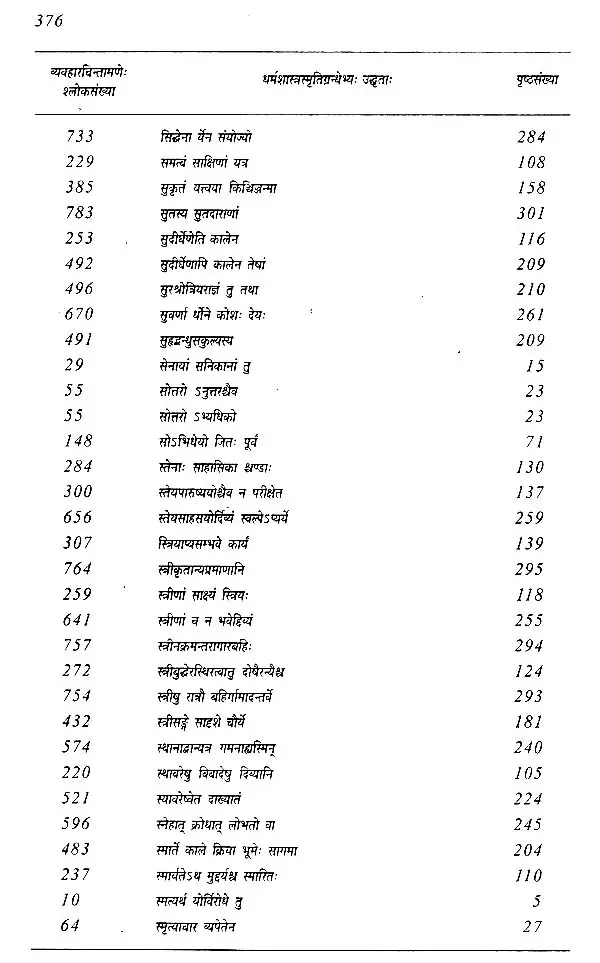
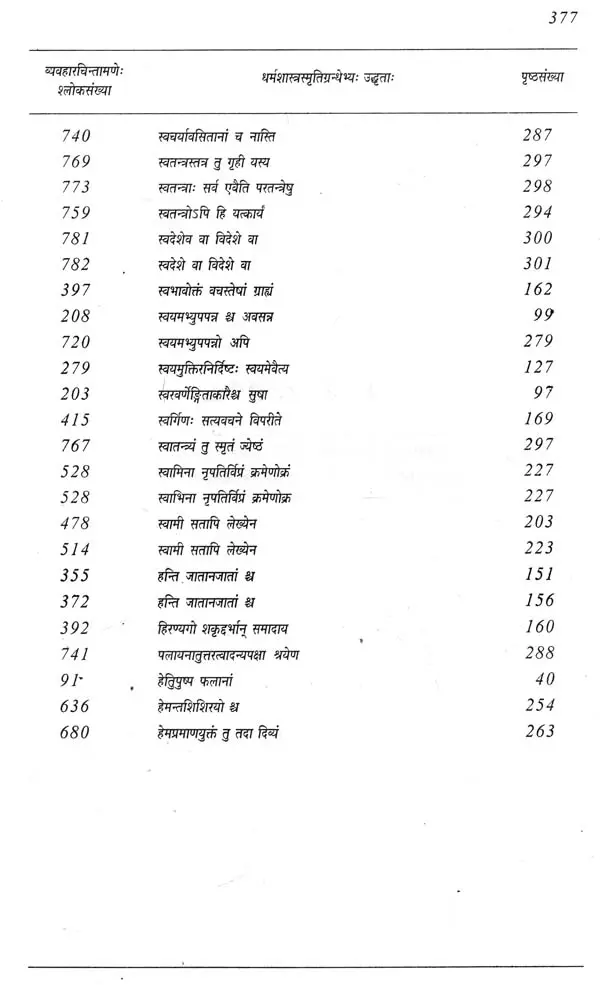
-
Q. What locations do you deliver to ?A. Exotic India delivers orders to all countries having diplomatic relations with India.
-
Q. Do you offer free shipping ?A. Exotic India offers free shipping on all orders of value of $30 USD or more.
-
Q. Can I return the book?A. All returns must be postmarked within seven (7) days of the delivery date. All returned items must be in new and unused condition, with all original tags and labels attached. To know more please view our return policy
-
Q. Do you offer express shipping ?A. Yes, we do have a chargeable express shipping facility available. You can select express shipping while checking out on the website.
-
Q. I accidentally entered wrong delivery address, can I change the address ?A. Delivery addresses can only be changed only incase the order has not been shipped yet. Incase of an address change, you can reach us at help@exoticindia.com
-
Q. How do I track my order ?A. You can track your orders simply entering your order number through here or through your past orders if you are signed in on the website.
-
Q. How can I cancel an order ?A. An order can only be cancelled if it has not been shipped. To cancel an order, kindly reach out to us through help@exoticindia.com.














